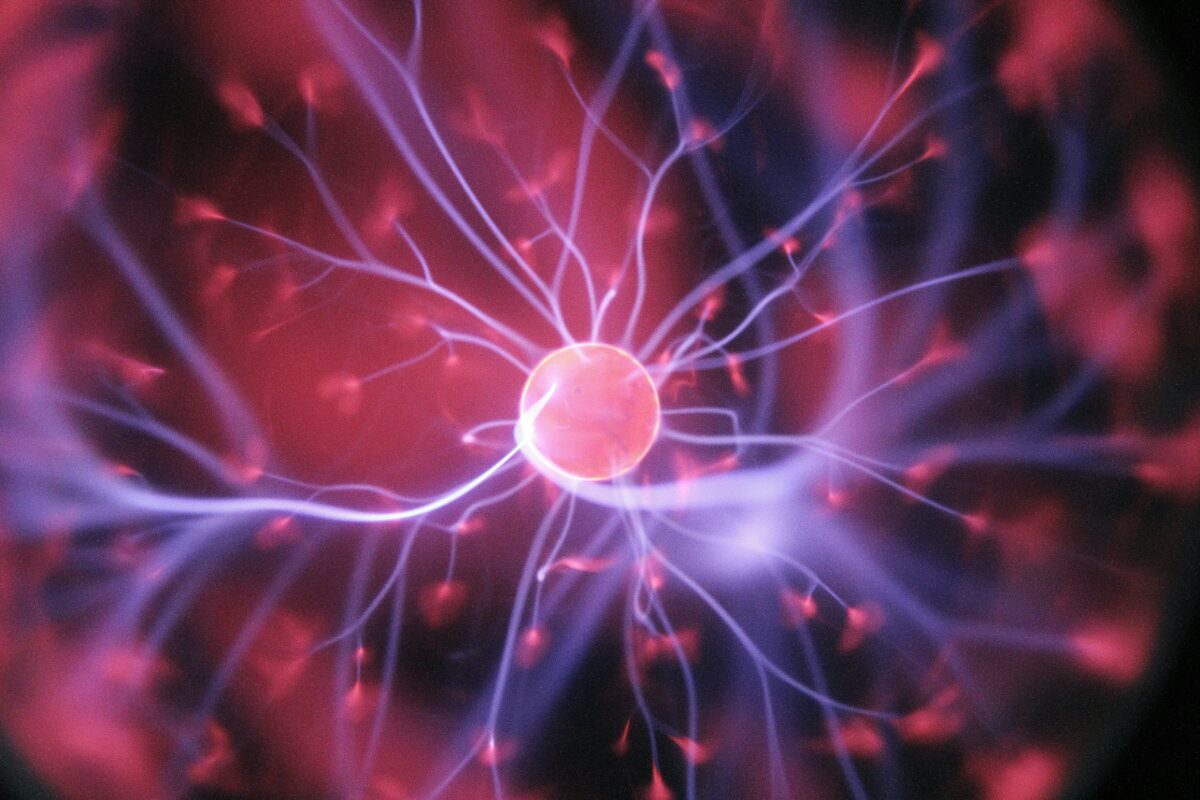The intricate relationship between cannabis and memory—an intriguing topic that’s often surrounded by myths and misconceptions.
One common myth is that cannabis inevitably damages memory. However, the reality is far more nuanced. THC, the psychoactive compound in cannabis, can affect short-term memory while someone is under its influence. This can lead to difficulties in recalling recent events or information, commonly known as “cannabis-induced short-term memory impairment.”
Yet, this impairment is temporary and reversible. Once the effects of THC wear off, typically after a few hours, normal cognitive function, including memory, tends to return. Long-term memory impairment due to cannabis use remains a subject of debate among researchers. Some studies suggest that heavy, prolonged cannabis use may impact memory retention over time, particularly in adolescents whose brains are still developing.
However, the relationship between cannabis use and long-term memory deficits isn’t clear-cut. Factors such as the frequency and amount of cannabis consumed, individual differences in brain chemistry, and the presence of other substances can all influence the impact on memory.
Interestingly, certain components of cannabis, like CBD (cannabidiol), have shown potential in mitigating memory impairment associated with THC. CBD, known for its potential therapeutic effects, might counteract some of the cognitive impacts of THC, offering a more balanced experience.
It’s essential to highlight that while cannabis can affect memory, the extent of its impact varies widely among individuals. Some people might experience more pronounced memory issues than others, and certain strains or consumption methods might have differing effects.
Moreover, memory impairment isn’t the only aspect to consider. Cannabis also has potential benefits for memory-related conditions. Some research suggests that cannabinoids might have neuroprotective properties, potentially offering therapeutic avenues for conditions like Alzheimer’s disease or other neurodegenerative disorders. However, extensive research is needed to validate these potential benefits.
In conclusion, the relationship between cannabis and memory isn’t a straightforward tale of damage or enhancement. It’s a complex interplay influenced by various factors. Acknowledging the potential short-term effects on memory while also considering ongoing scientific exploration into the long-term impacts is crucial when discussing cannabis and memory. Striving for informed and responsible use remains key in navigating the intricate connections between cannabis and cognitive function.

